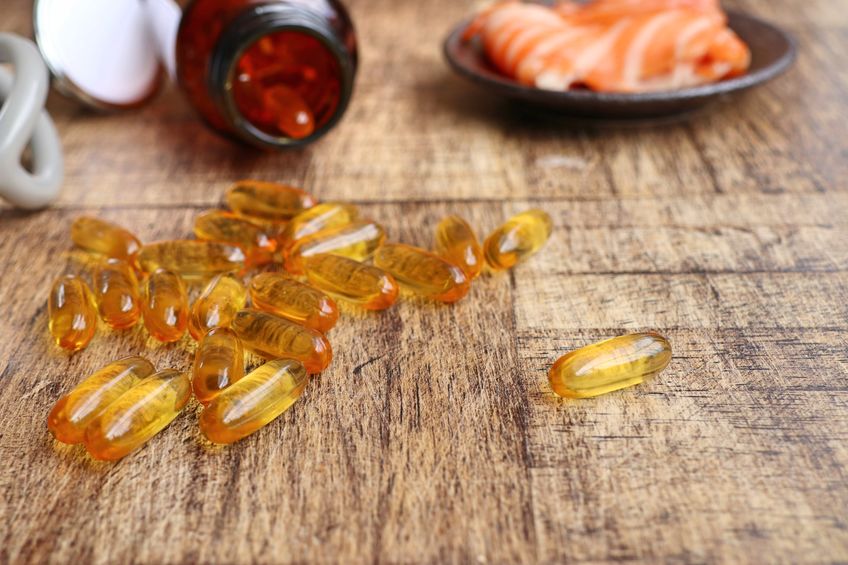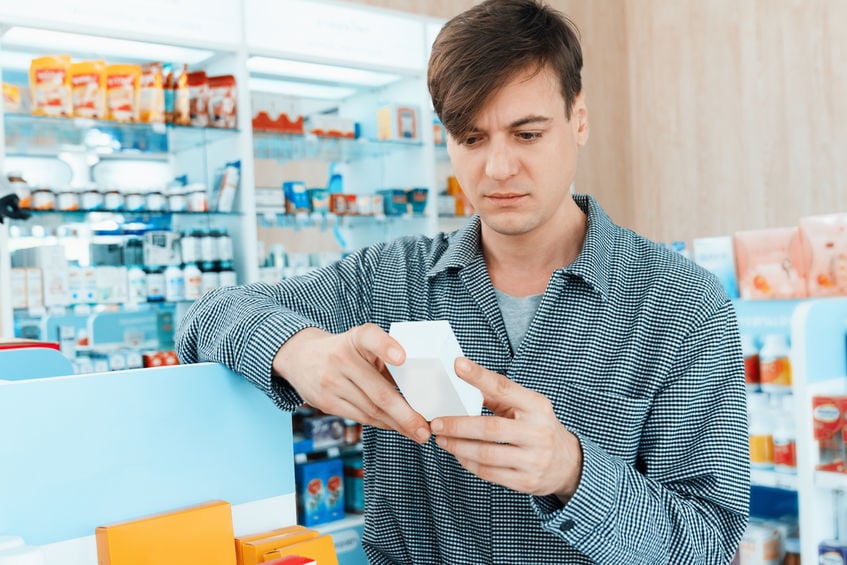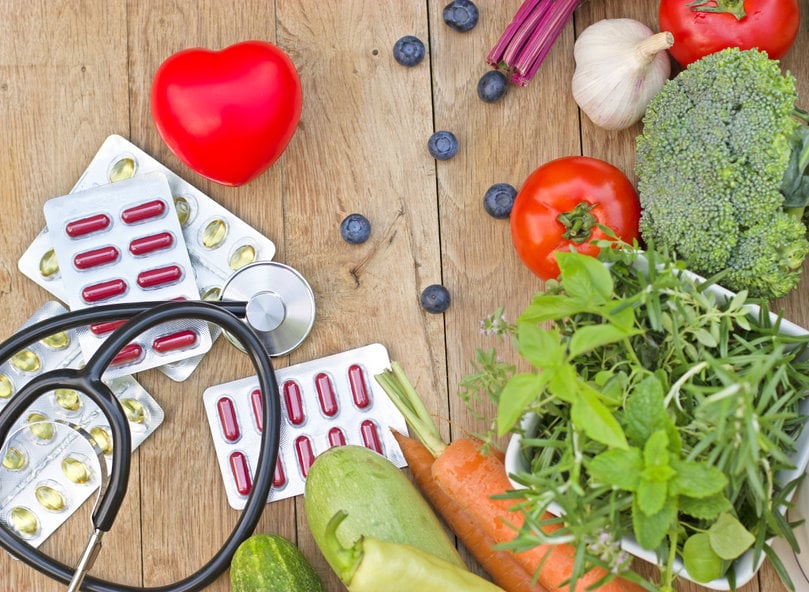The Great Indoors: Dealing with Vitamin D Deficiency
Vitamin D is an important nutrient for bone health, immune function, and overall health. Although the body can absorb the vitamin through exposure to sunlight, many Americans spend a large amount of time indoors. Additionally, many people don’t eat enough foods that are good sources of the nutrient. Not everyone should take a supplement, though. How can someone know how much vitamin D to take?

The sunshine vitamin
Vitamin D is a vitamin people can get through some foods, sunshine, and in supplement form. The vitamin promotes calcium absorption, which affects bone health. There is also evidence that the nutrient is important for immune function and can help protect against infection. During the summer, some people may think that getting enough of the vitamin is easy. However, almost 42% of Americans have a vitamin D deficiency.
What are the signs of deficiency?
Most people don’t have severe symptoms of deficiency. However, some of the subtle signs can include:
- Getting sick often
- Fatigue
- Decreased wound healing
- Bone loss
- Depression
- Muscle pain
General guidelines
For most adults, the recommended daily amount is around 600 IU. This does not mean, however, that people should start taking a supplement of that amount. The vitamin is also found naturally in some food, and people can also get vitamin D naturally through exposure to the sun’s UV rays. This means that some people may not need a supplement at all. Each person should speak with a healthcare provider to assess current levels and whether or not a supplement is the right treatment.
Special circumstances
Some people are at a greater risk of not getting enough of the vitamin. For example, older adults and people with darker skin have a lowered ability to produce vitamin D from the sun. People who are obese or have had gastric bypass surgery may be at higher risk of deficiency. Additionally, people with osteoporosis, liver disease, or who are taking certain medications may benefit from a supplement.
Food sources
People who have diets that are high enough in vitamin D probably do not need a supplement. Some foods that are high in the nutrient include salmon, sardines, canned tuna, oysters, shrimp, egg yolks, and fortified milk, orange juice, and cereals. People who eat a vegan or vegetarian diet may have a harder time getting adequate amounts from diet alone.
Speak with a healthcare provider
Every person’s vitamin D levels will differ based on lifestyle, diet, and overall health. Some people do not need supplementation at all, and too much vitamin D can be just as damaging as a deficiency. Always speak with a healthcare provider or pharmacist for recommendations before starting any supplements.
RECENT
ARTICLES



Our Patients Say
We pride ourselves on providing exceptional customer service to our community. Here are a few things that the community is saying about us.
Convenient and quality service. Ive never had my prescriptions filled quicker and the pharmacist took the time to tell me about what I was taking.
Excellent experience! Friendly, knowledgeable staff!
I have been a customer since they opened. Julie and Hiten have both treated me with the utmost respect and have always been ready to take care if my needs with a smile




